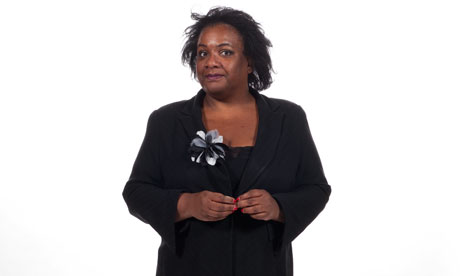
More than a quarter of young women today say that they first had sex when they were below the age of 16, a greater proportion than in any previous generation asked about underage sex in an official annual health survey.
Around 27% of women aged between 16 and 24 said they had sex before they reached 16, according to the Health Survey for England. Fewer men in the same age bracket – 22% – said they were under 16 when they first had sex.
The findings of the latest survey, for 2010, suggest that sexual behaviour has changed over the generations, according to the NHS Information Centre, which publishes the annual report, with the proportion of women having sex early growing over time – a trend that is not matched in men.
The median age at which both men and women became sexually active was 17. A substantial proportion of young people aged 16 to 24 had not yet had sex – 26% of young women and 32% of men.
One in five 16-to-24-year-olds reported having had 10 or more sexual partners – with substantially more men (27%) than women (13%) reporting 10 or more.
Men reported a mean of 9.3 sexual partners, while women reported a mean of 4.7. But 17% of women and 24% of men said they had had only one.
Women were more likely to have been diagnosed by a doctor with a sexually transmitted infection – 12% of women aged 16 to 69 said they had contracted an infection, compared with 9% of men of the same age. Equal proportions of men and women – 2% – had been diagnosed more than once.
Young people are more likely than those who are older to have been tested for the STI chlamydia (27% of men and 44% of women aged 16 to 24, compared with 6% of men and 12% of women aged 45 to 54).
Rebecca Findlay, spokesperson for the sexual health charity FPA, said: "This tends to reflect other research on the issue, but we must remember that most young people under 16 aren't sexually active.
"Society has changed dramatically in the last 50 years and the nature of relationships has too. Education and information safeguard the sexual health needs of young people and help them resist having sex before they're ready, which is why, given this data from the NHS Information Centre, there's an overwhelming need for statutory sex and relationships education in schools."
The shadow health minister Diane Abbott said the rising numbers of girls having underage sex was alarming. "It is not a cost-free phenomenon. It poses public health policy challenges and social challenges," she said.
"The underlying cause must be the 'pornification' of the culture and the increasing sexualisation of pre-adolescent girls. Too many young girls are absorbing from the popular culture around them that they only have value as sex objects. Inevitably, they act this notion out.
"The government needs to respond to spiralling underage sex, not with pointless schemes to teach abstinence, but with better PSHE [personal, social, health and economic] teaching in schools for both girls and boys."
She said she was also concerned that the government's reforms would mean local government taking responsibility for sexual health. "In economically straitened times, this could mean cuts in the services offered and even worse underage sex figures in the future," she said.
The report also found that obesity among adults is at the highest level since 1993. Some 26% of men and women were obese in 2010 and, overall, 68% of men and 58% of women were overweight or obese.
The prevalence of obesity has increased from 13% in 1993 to 26% in 2010 among men, and from 16% to 26% among women.
Overall, 16% of men and 17% of women have also been diagnosed with asthma.

